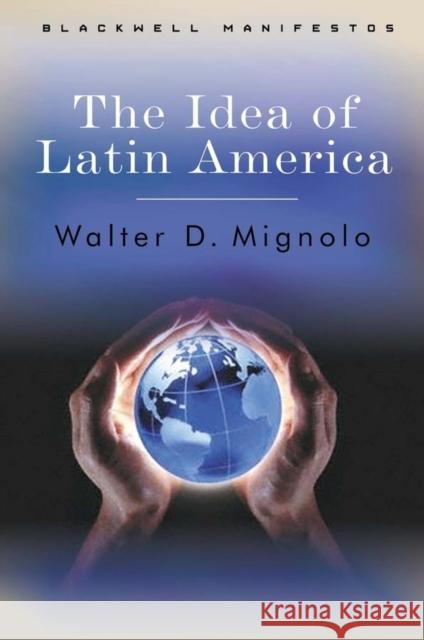Idea Latin America » książka
topmenu
Idea Latin America
ISBN-13: 9781405100854 / Angielski / Twarda / 2005 / 224 str.
The Idea of Latin America is a geo-political manifesto which insists on the need to leave behind an idea which belonged to the nation-building mentality of nineteenth-century Europe.
- Charts the history of the concept of Latin America from its emergence in Europe in the second half of the nineteenth century through various permutations to the present day.
- Asks what is at stake in the survival of an idea which subdivides the Americas.
- Reinstates the indigenous peoples and migrations excluded by the image of a homogenous Latin America with defined borders.
- Insists on the pressing need to leave behind an idea which belonged to the nation-building mentality of nineteenth-century Europe.











